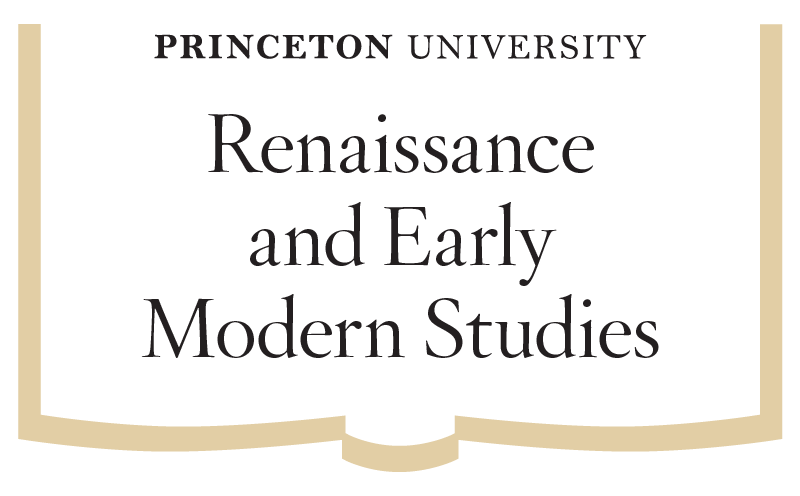After spending 23 years at the University of Oxford as a student, faculty member, and ultimately full professor — where he was also Head of Graduate Studies for the Humanities Division and Director of Ertegun House — Rhodri Lewis moved permanently to Princeton. His interests lie principally in the literary, cultural, and intellectual histories of the sixteenth and seventeenth centuries.
Read Rhodri Lewis’ full biography on the Department of English website.













